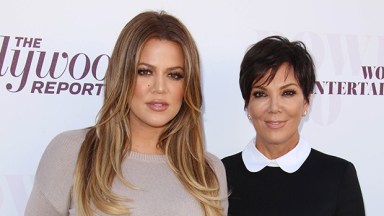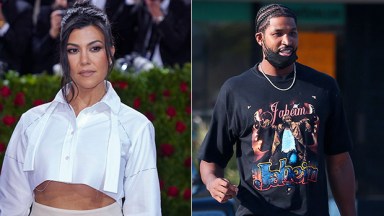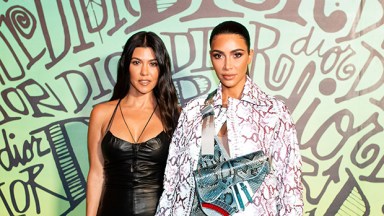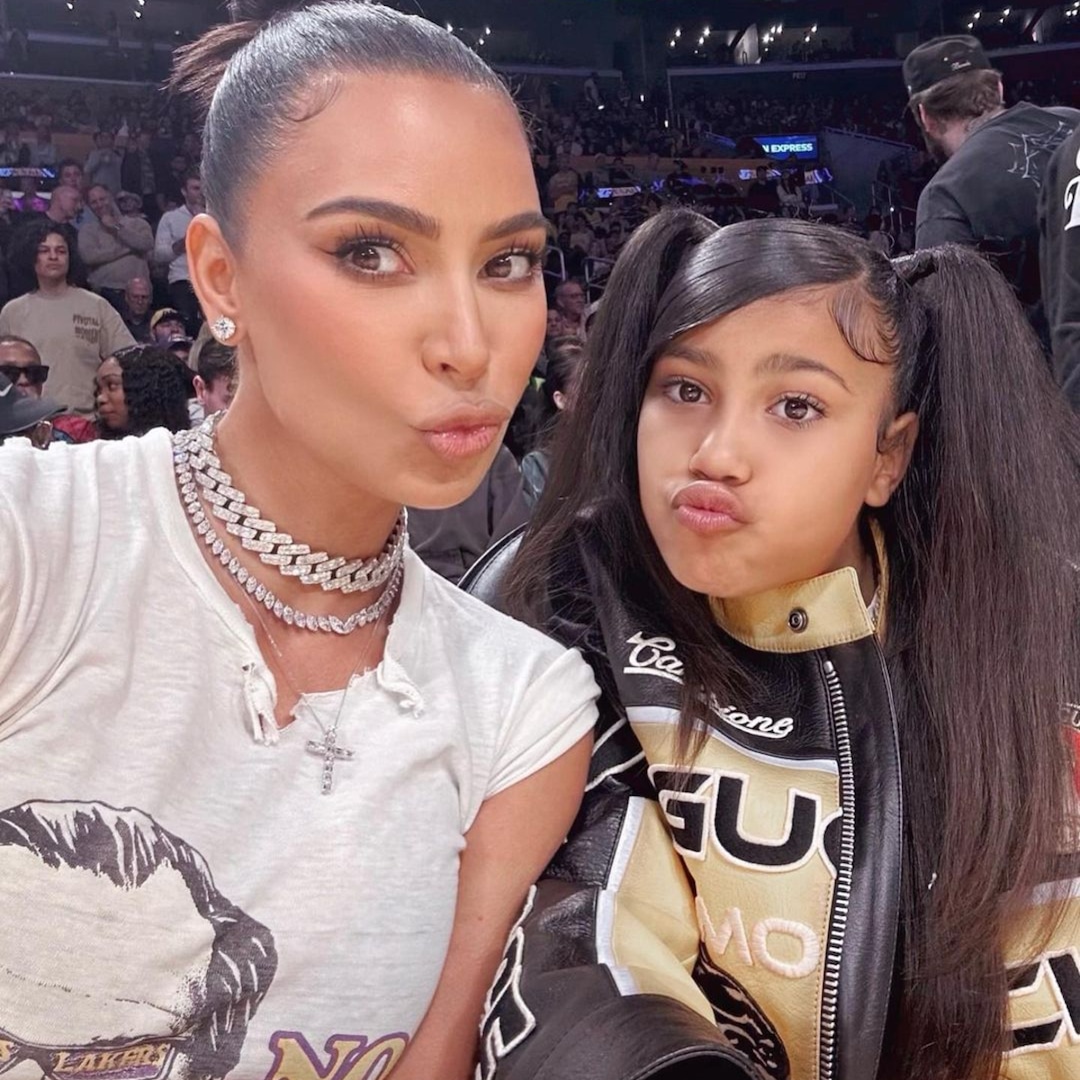Faculty sports activities leaders are taking into consideration making adjustments to flow NCAA pointers that will permit faculties to get considerably extra inquisitive about serving to athletes construct cash from endorsement offer.
An NCAA subcommittee answerable for inspecting the foundations that dictate how athletes usefulness their identify, symbol and likeness rights to construct cash will meet Thursday to speak about a number of proposed adjustments, in line with assembly notes received through ESPN. The notes display doable adjustments that will give faculties the clearance to seek out offer for athletes, evaluate word of honour, assistance them with taxes, and grant sources comparable to cameras or impressive designers for athletes to finish their finish of a advertising and marketing trade in.
The proposed adjustments have no longer been finalized and it’s no longer sunlit if or when any untouched steering could be followed, however they might probably get rid of one of the most grey department that has left unsureness about how a lot athletic segments can assistance athletes all through the primary two-plus years of school sports activities’ NIL hour.
Permitting team of workers contributors to extra at once affect how cash flows to avid gamers may just additionally constitute a significant step towards reshaping the character of the connection between faculties and their athletes.
Nebraska athletic director Trev Alberts, who’s a member of the committee assembly upcoming this time, stated he’s in bias of creating “aggressive” adjustments that will assistance faculties assistance their athletes and regain some keep watch over within the NIL market. Alberts stated he thinks NCAA contributors wish to be not hidden to switch that addresses their flow fact with out being naive.
“Let’s be honest. Some of the stuff we’re talking about now, we would have never even had a conversation about two years ago,” Alberts informed ESPN. “The goalposts keep moving. We keep sliding further and further. Some of the things early on that were impermissible, it’s time to rethink those things.”
Stream NCAA laws restrain someone in an athletic area from representing athletes in advertising and marketing offer, at once or not directly, however faculties are allowed to grant their athletes with training and a few equipment for connecting with boosters and trade who would possibly wish to signal them to an NIL trade in. The level to which every faculty will get inquisitive about making the ones connections has been dictated partially through condition legislation and the college’s urge for food for pushing the boundaries of the NCAA’s loosely-defined laws.
The proposed adjustments would permit faculties to: -Proactively help within the building/inauguration of NIL task; -Lend products and services comparable to tax preparation and promise evaluate; -Lend get admission to to apparatus (comparable to cameras, podcast studios, and so on.) for NIL task; -Be in contact with faculty sponsors about NIL alternatives for his or her athletes, “including securing specific opportunities.”
Many colleges, particularly the ones within the wealthiest and maximum robust meetings, have leased team of workers or specialists to attempt to assistance athletes construct probably the most of NIL alternatives. Those proposed adjustments would give the ones untouched additions considerably extra independence to perform, in line with Casey Schwab, the founder and CEO of Altius Sports activities Companions, an NIL-based consulting company.
“These are the types of things that people on campus have been clawing to do and venting to us about for the last few years,” Schwab stated. “We want to be able to support athletes, we need to be able to do more of it.”
He stated the power for faculties to assistance athletes satisfy the phrases of an NIL trade in — developing impressive designs for an athlete to advertise an organization on his or her social media channels, as an example — is in all probability probably the most impactful doable trade.
“We all know how college athletics works. If schools are allowed to do something, and it provides value to their athletes, then it’s going to be used in recruiting,” Schwab stated. “That’s going to lead to schools investing quickly and heavily in these support services.”
The timeline for those proposals to be applied could be dictated through how competitive the subcommittee operating on those concepts makes a decision it needs to be. If faculties — or 1/3 events leased through the colleges — are moving to be allowed to book offer for his or her athletes, that can require rewriting laws in a months-long legislative procedure. Extra incremental adjustments in how a lot a faculty can do might be issued as “updated guidance” to current laws from the subcommittee, during which case faculties may just get started taking motion as quickly because the steering used to be revealed.
“I’m hoping we’re aggressive,” Alberts stated. “I’m a proponent of radically thinking differently about institutional involvement here.”
Alberts stated universities at this time pluck at the bulk of reputational and, in his opinion, prison chance for the flow NIL marketplace this is a minimum of ostensibly run out of doors in their keep watch over through booster collectives and alternative third-party teams. He stated expanding the colleges’ involvement will assistance them higher supremacy that chance. He stated it additionally would permit the NCAA to construct enforceable laws with no need to be “naive” in regards to the fact of the way a lot athletic segments are speaking with the ones collectives and 1/3 events.
Alberts stated preferably the NCAA may just conserve a style the place a scholarship used to be considered as truthful repayment for its athletes, “but that’s not reality.” He stated he thinks proceeding to conform flow NIL laws supplies some way for faculties to proceed sharing extra with athletes.
“The dollars that have flowed into our space are real,” Alberts stated. “Coaching salaries, AD salaries, let’s be honest about where we are today. I’m not opposed to student-athletes participating in the sharing of ultimately what they’re helping to generate. … Change is hard, but … I’d rather get busy changing than slowly dying a death by 1,000 cuts.”







